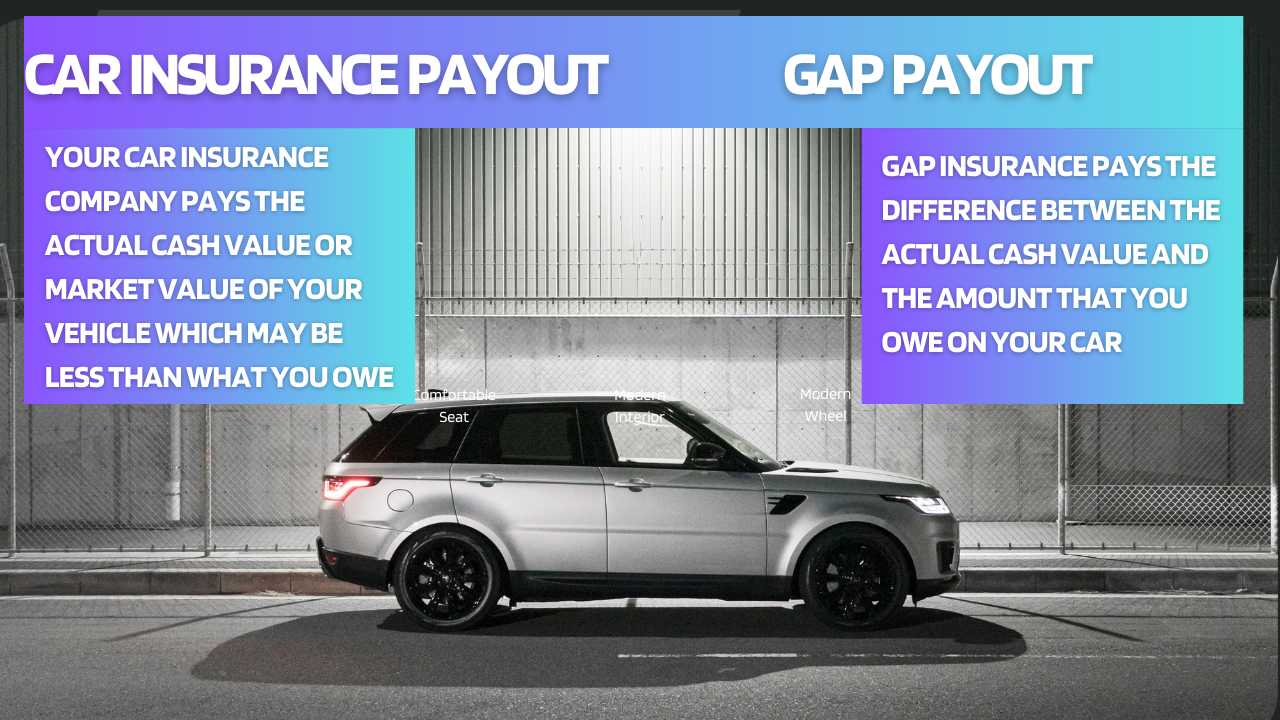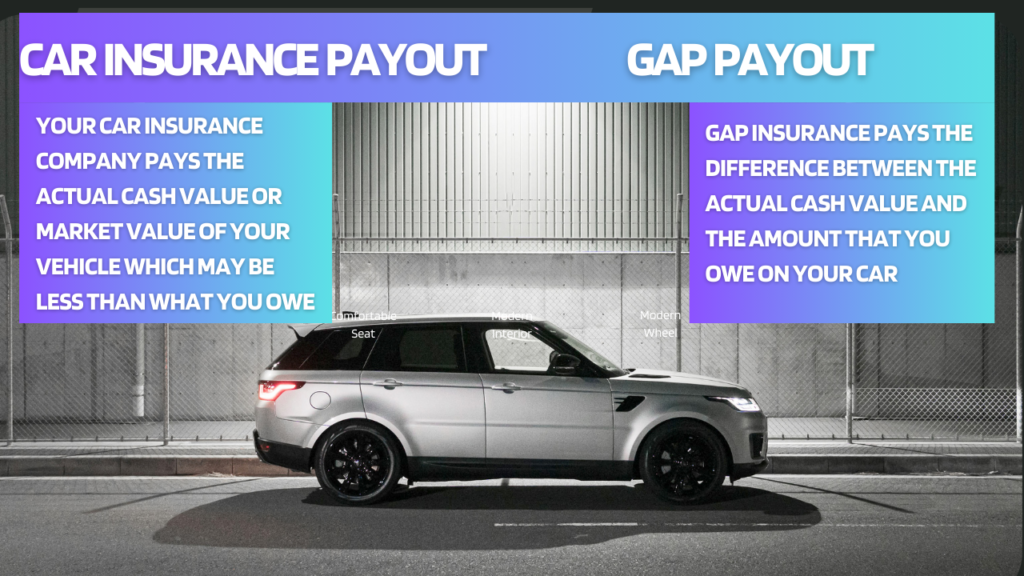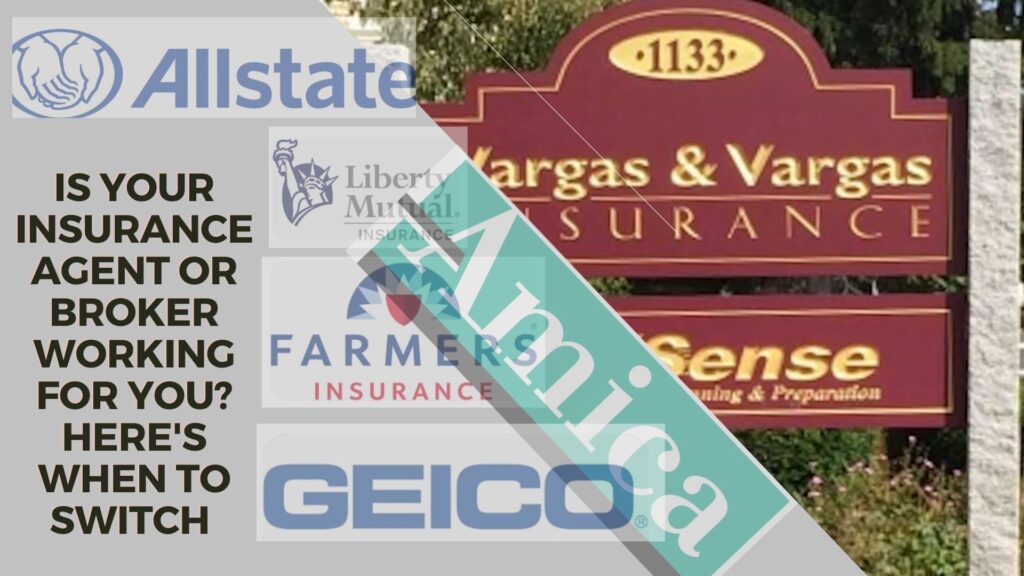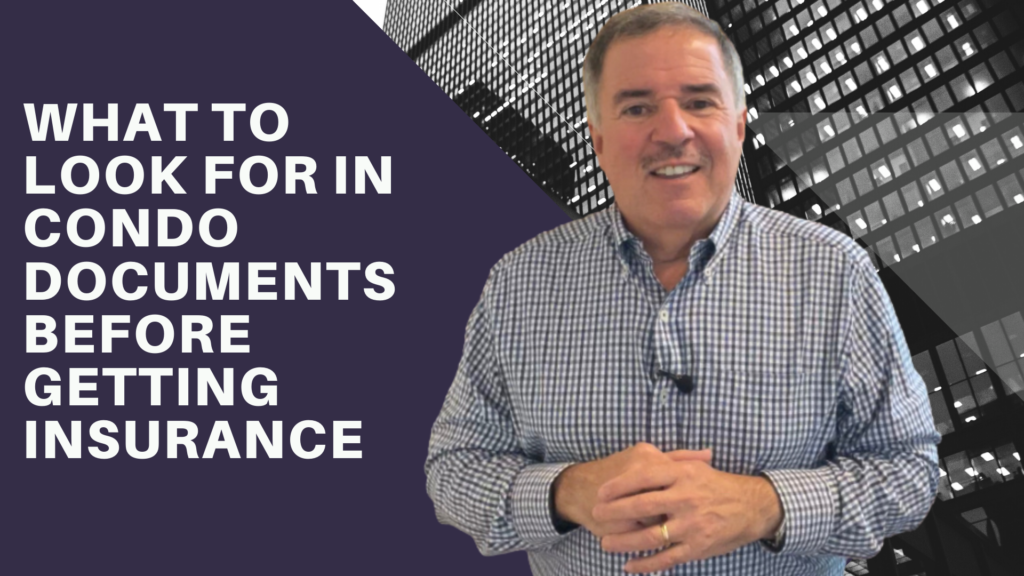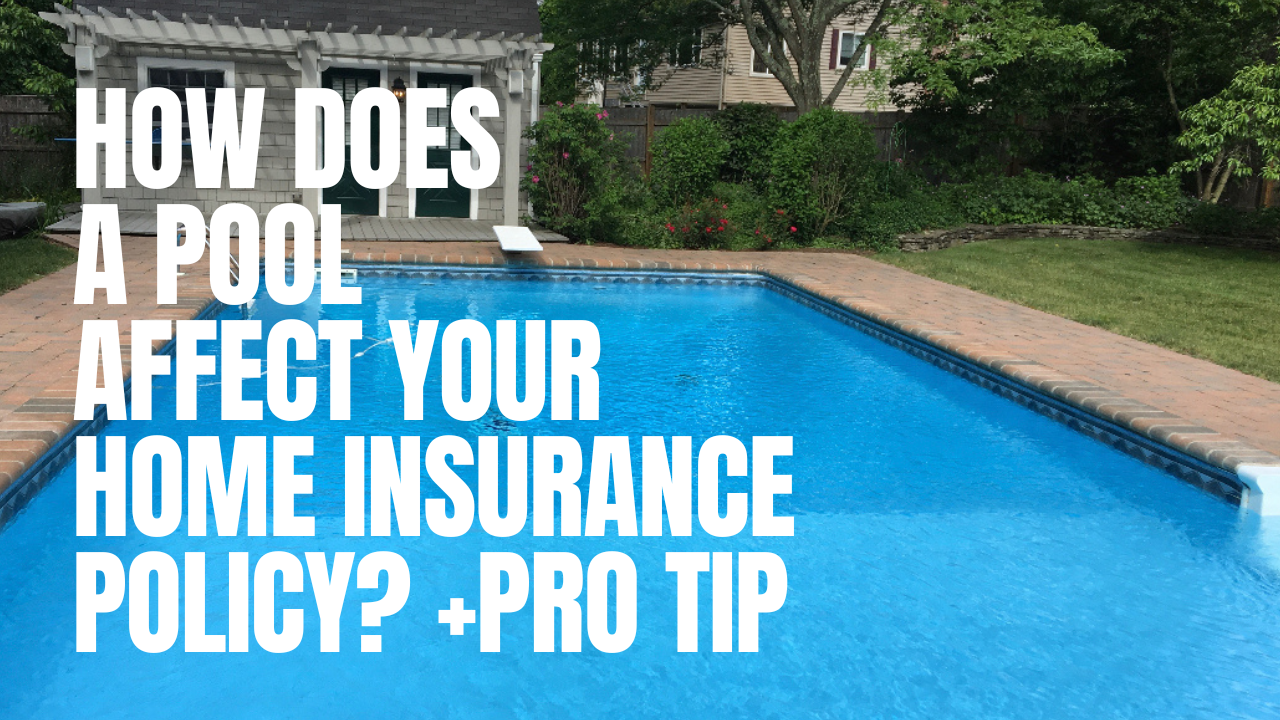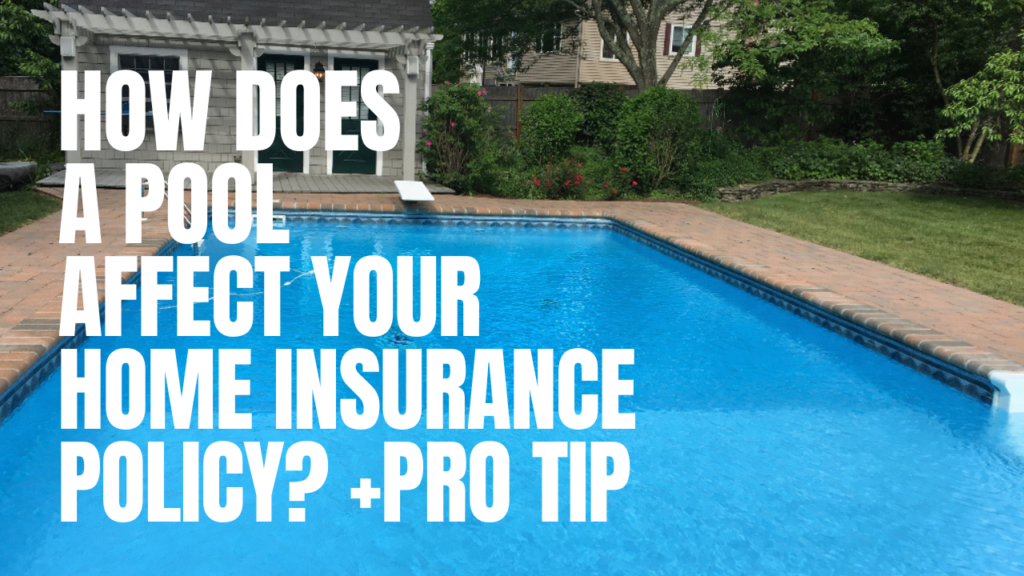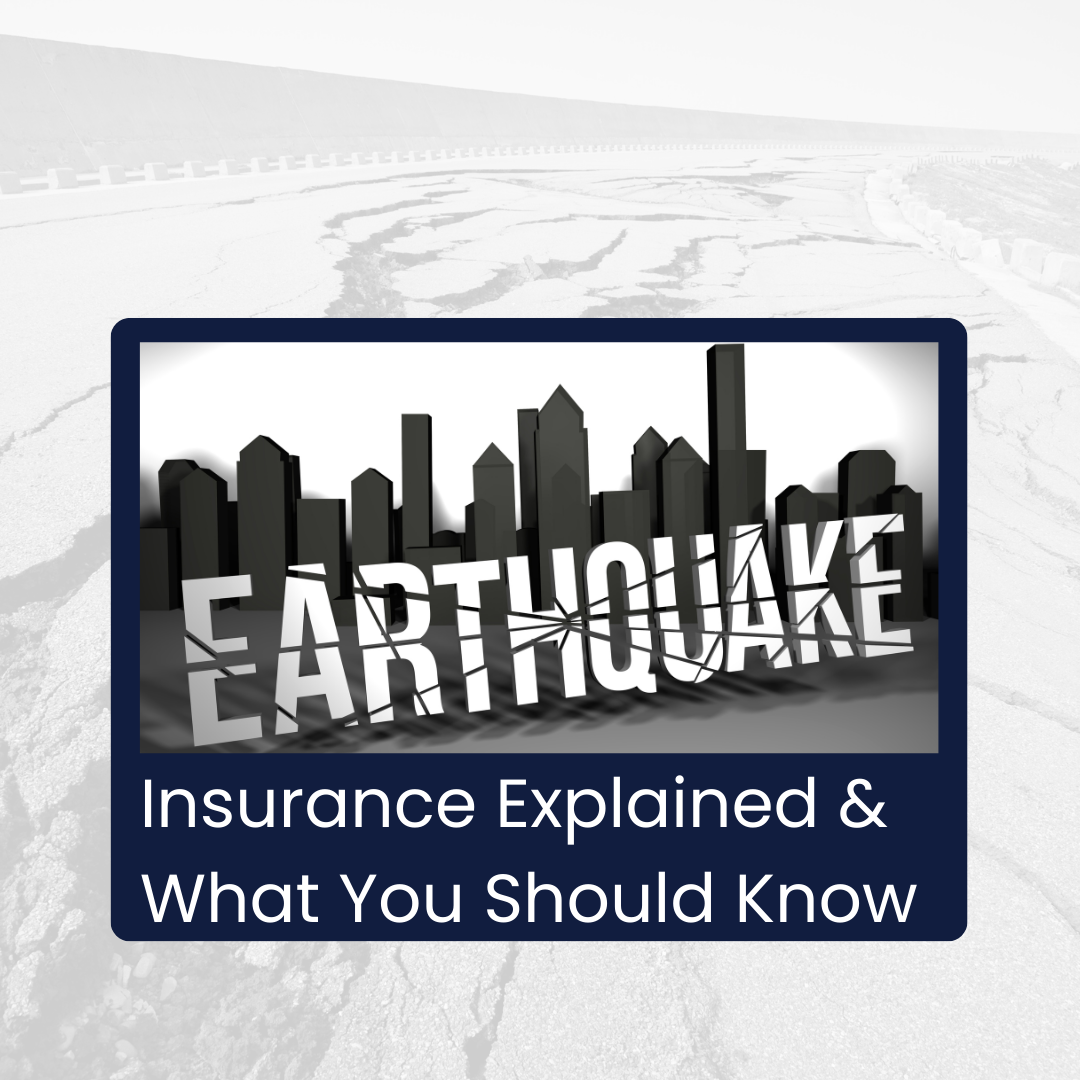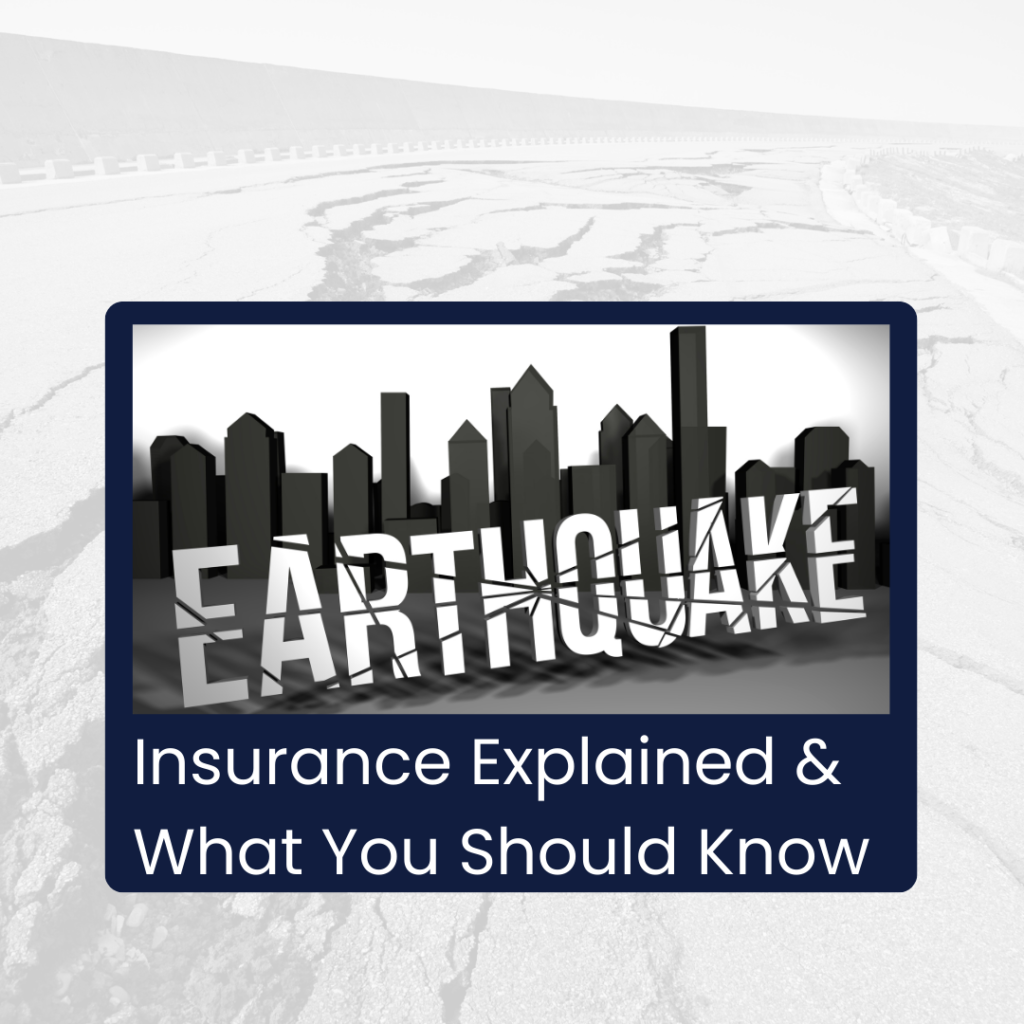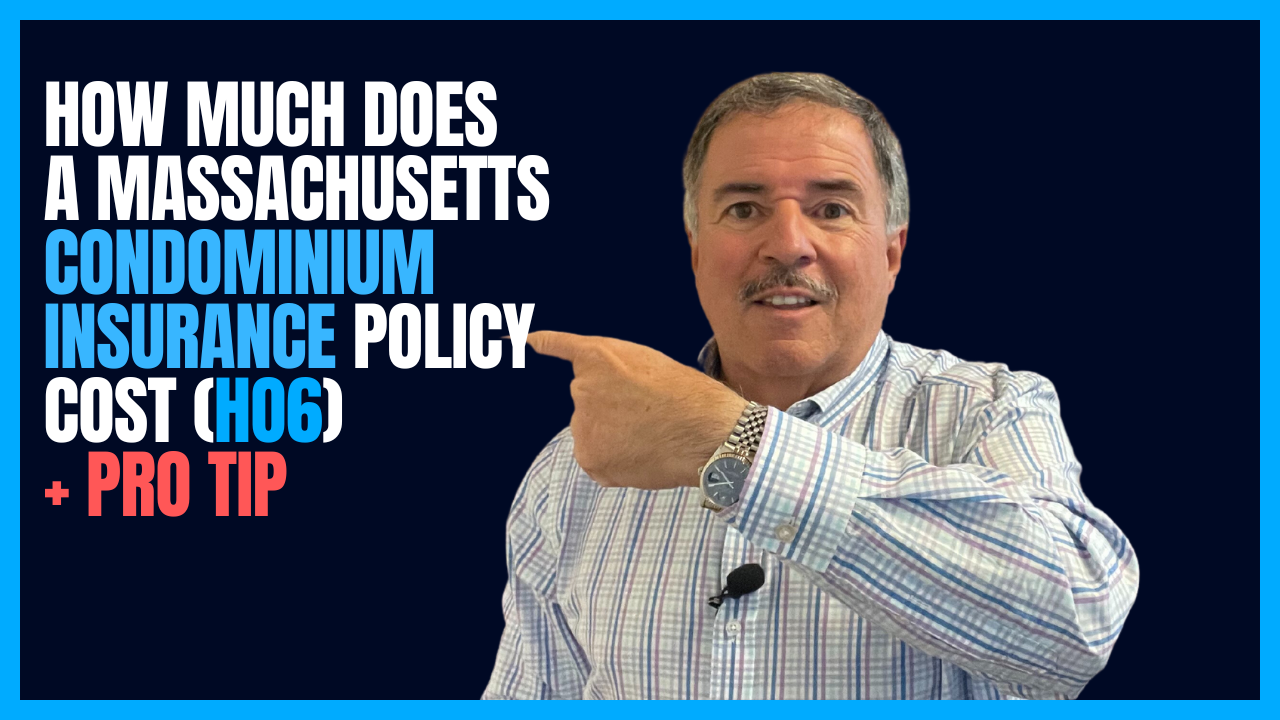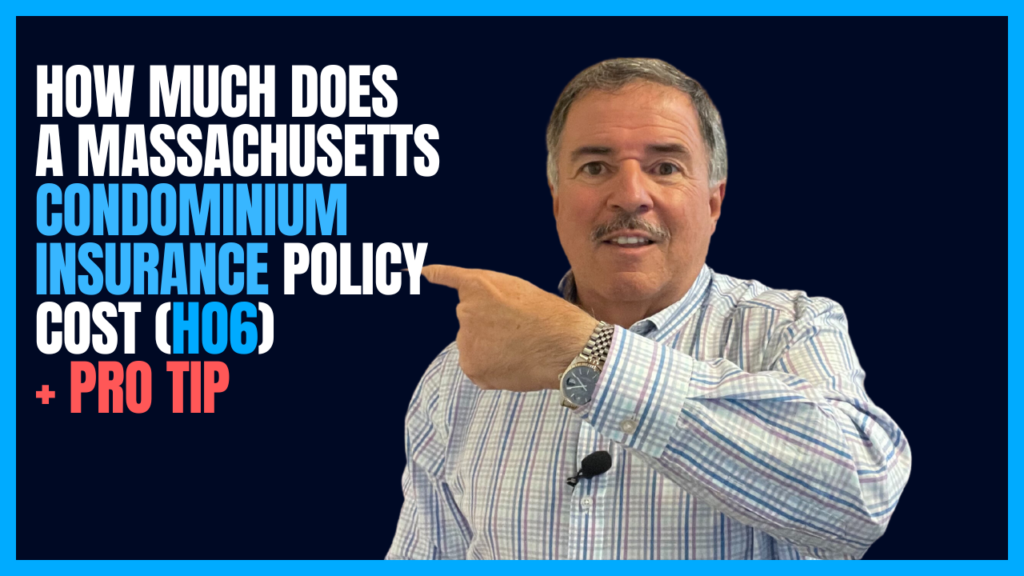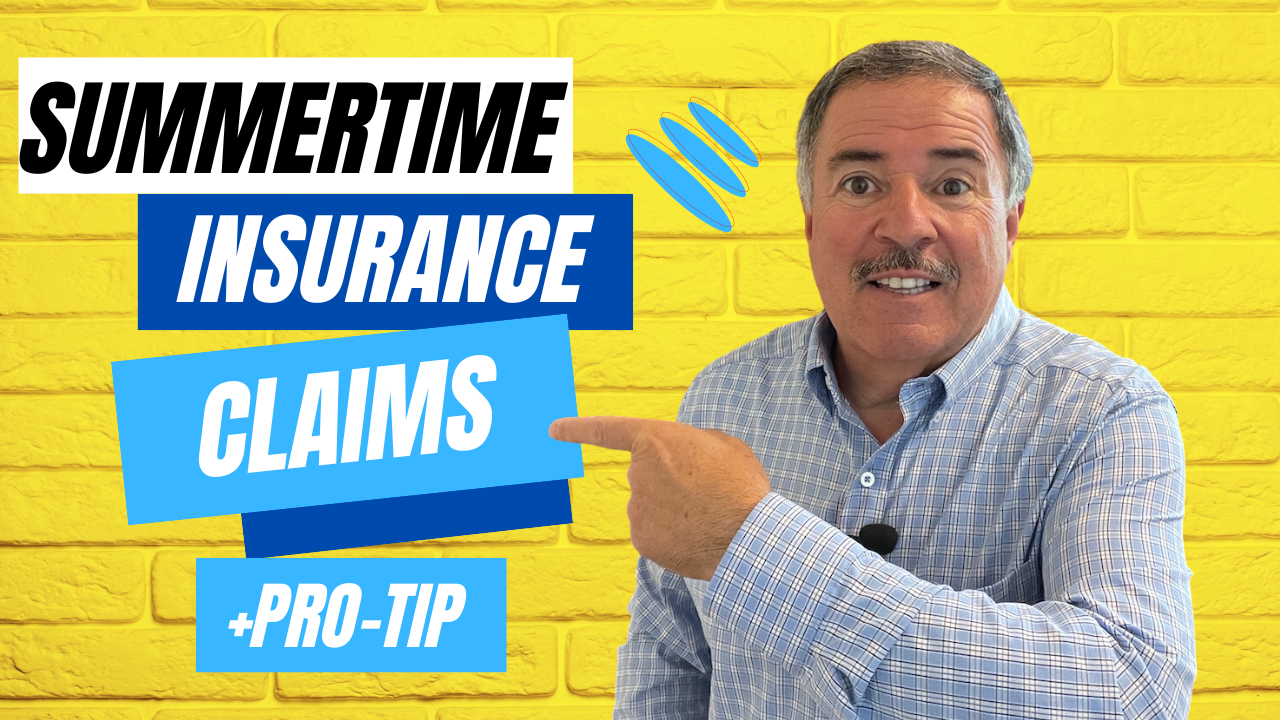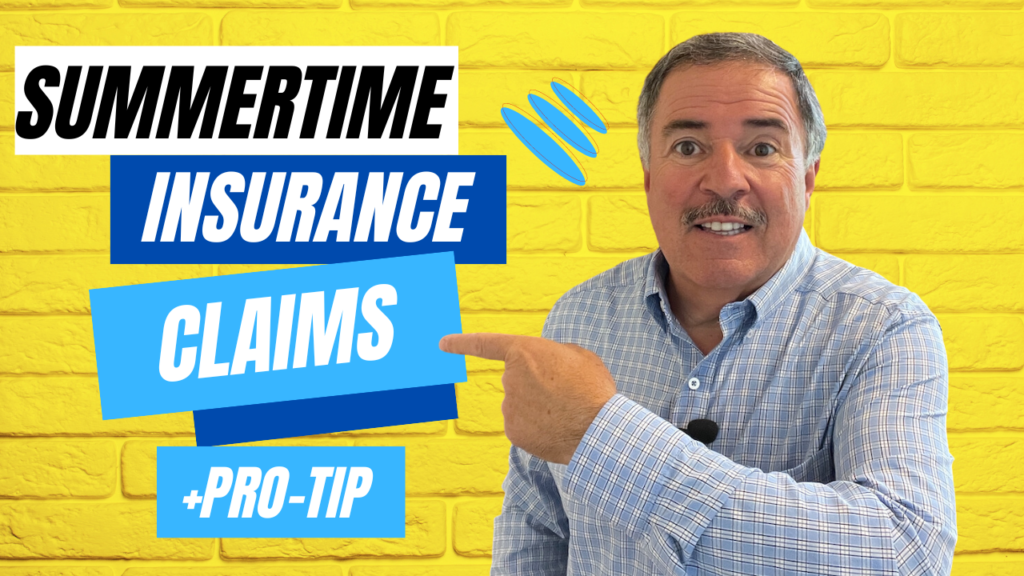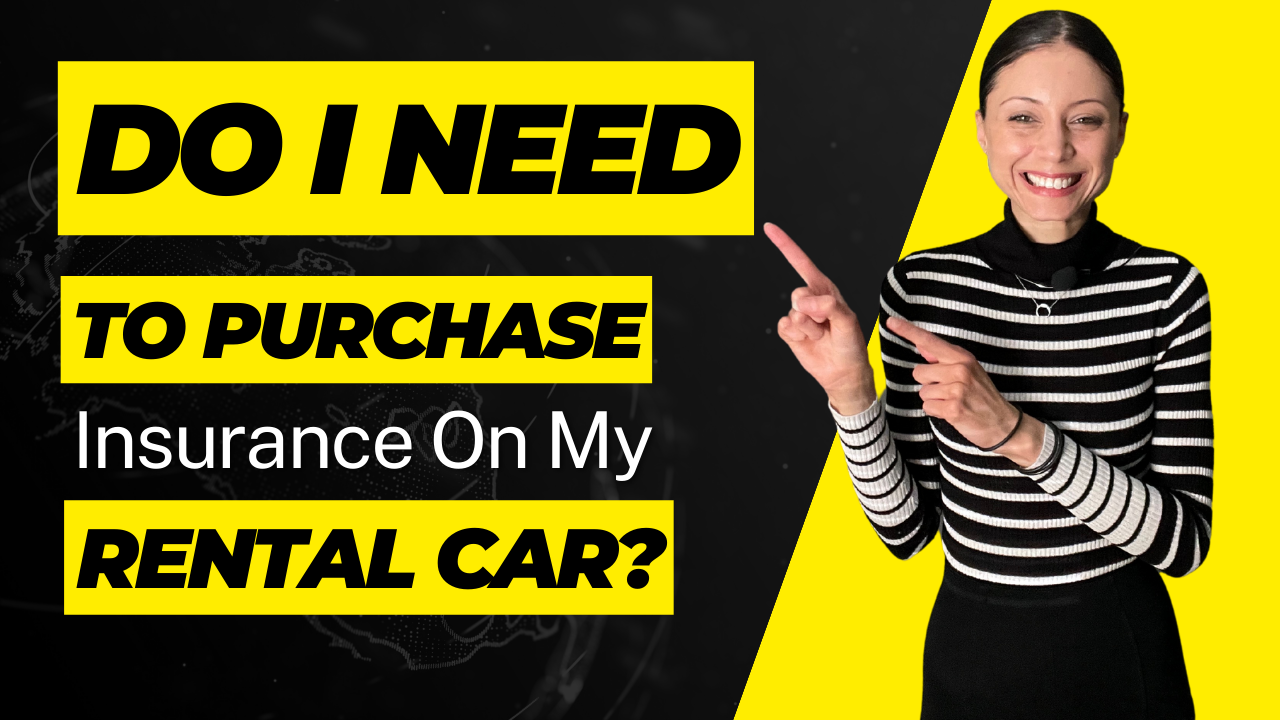What Is Builders Risk Insurance?

Builder’s risk insurance is a crucial aspect of your project, providing personalized protection for the structure and materials until the project is finished.
Vargas & Vargas Insurance, we’ve assisted countless property owners in safeguarding their homes during construction or renovation with builder’s risk insurance.
Builder’s Risk Insurance Simplified
Builder’s risk insurance is a tailored property insurance designed for buildings in construction, also called ‘course of construction’ insurance. It shields both the property and homeowner from financial losses due to damage or loss of the project’s structure and materials during construction.
These policies are highly specialized, which can make understanding them confusing. We’ll focus on ‘location-specific policies’ in this article, covering individual residential or commercial construction, remodel, or installation projects, like the one you might have for your home.”
Builder’s risk insurance is a tailored property insurance designed for buildings in construction, also called ‘course of construction’ insurance. It shields both the property and homeowner from financial losses due to damage or loss of the project’s structure and materials during construction.
These policies are highly specialized, which can make understanding them confusing. We’ll focus on ‘location-specific policies’ in this article, covering individual residential or commercial construction, remodel, or installation projects, like the one you might have for your home.
What It Covers and Excludes
A builder’s risk policy typically covers the structure under construction, including all materials destined to be a permanent part of it, whether on-site or in transit. The specifics vary between projects due to their unique nature.
In general, these policies commonly cover damages or losses caused by theft, vandalism, fire, lightning, hail, hurricanes, wind, explosions, and vehicles.
Exclusions and Extensions:
Standard exclusions typically include damages due to wear and tear, mechanical breakdown, design flaws, employee theft, earthquakes, water damage, weather-related harm to property left outside, acts of terrorism and war, government actions, contract penalties, and voluntary parting.
Additional exclusions may apply depending on location and project details. For instance, coastal projects might exclude earthquakes, floods, and wind damage, but extensions are often available for purchase to cover these situations.
Beyond the main structure and its materials, policyholders can buy extensions for temporary structures, construction forms, scaffolding, and debris removal.
Builder’s risk insurance also offers optional extensions to mitigate financial impacts from project delays resulting from a loss, such as lost sales or rental income, loan interest, and real estate taxes. Some of these may be included in a standard policy without extra cost.
What Builder’s Risk Insurance Doesn’t Cover:
Builder’s risk insurance does not cover accident and injury liability during construction, requiring separate liability insurance.
It also excludes subcontractors (who need their insurance) and property belonging to others.
Builder’s Risk Insurance Coverage and Terms:
Builder’s risk insurance provides coverage up to the pre-established coverage limit. This limit, determined when purchasing the insurance, usually matches the construction budget, encompassing all materials and labor costs (excluding land value).
Policy terms typically span three, six, or 12 months, depending on the construction timeline. If the construction surpasses the policy term, it can often be extended, usually limited to a single extension.
How Much Does Builders Risk Insurance Cost
A Standard builder’s risk insurance policy typically ranges from 1-4% of the total construction cost.
So for instance, a $400,000 project could cost between $4,000 to $16,000, with the exact amount influenced by policy type and extensions.
To get a quote, your insurance agent will need details like:
- Project address
- Project type
- Budget
- Number of stories
- Square footage
- Public protection class
- Security measures
- Actual cash value of existing structure (for renovations)
- Year built (for renovations)
- Projected structural alterations (for renovations list)
Need More Information Or An Insurance Policy?
Builder’s risk policies are customized for each project, so they can vary significantly. Collaborate closely with your agent to ensure your coverage matches your project’s requirements.
At Vargas & Vargas Insurance, we’ve assisted numerous property owners in obtaining tailored coverage for a wide range of projects, from first homes to summer beach houses and more.
After your project and the builder’s risk policy end, and your project is complete, we can also help you obtain the necessary homeowners policy to protect your new home.
Your Local Independent Insurance Broker
“For over 40 years, Vargas & Vargas Insurance has been dedicated to helping families and individuals. Our team is here to address all your insurance questions, whether about Builders Risk, flood, home, condo, renters, business or auto insurance. Feel free to contact us today at 617-298-0655.”






